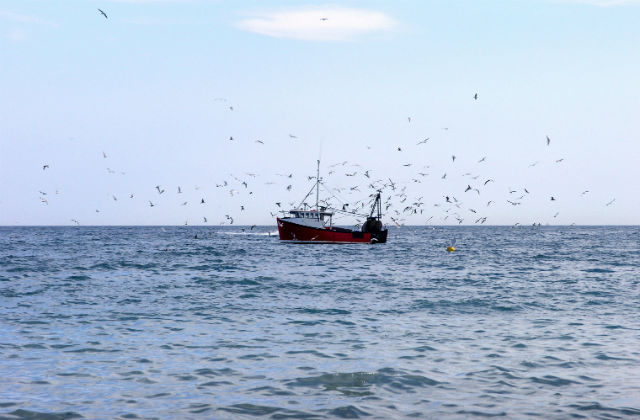Update on bovine TB and badger control measures

There is widespread coverage this morning of the total number of badgers culled in 2018 as part of the government’s strategy to reduce bovine TB in cattle – one of the greatest animal health threats in this country. The story was picked up nationally in The Daily Telegraph, The Guardian and Daily Mirror, among others. The numbers were also reported in Farmers Weekly.
Bovine TB is an insidious disease that spreads within and between populations of both badgers and cattle. This is why our strategy includes badger culling in areas where badgers are a key factor in spreading the disease to cattle. We have always been clear that no one wants to be culling badgers forever, and that we will continue to pursue a range of interventions to eradicate the disease by 2038. This includes tighter cattle movement controls, regular testing and badger vaccinations.
The National Farmers Union (NFU) also responded to the news, echoing the need to use all tools available to tackle this disease. NFU Vice President Stuart Roberts noted that last year more than 33,000 cattle were slaughtered in England because of bovine TB.
We have also announced new biosecurity measures for farmers, allowing those who have been clear of bovine TB for at least six years to revert to annual, rather than six-monthly, testing. This will reduce the testing burden on lower-risk farms and incentivise other farms to take steps to reduce their TB risks.
Minister Eustice issued a Written Ministerial Statement in Parliament, with the latest data available here.
A Defra spokesperson said:
Bovine TB remains one of the greatest animal health threats to the UK, causing devastation for hard-working farmers and rural communities. While the badger culls are a necessary part of the strategy, no one wants to be culling badgers forever. That is why we are pursuing a range of interventions to eradicate the disease by 2038, including tighter cattle movement controls, regular testing and vaccinations.
The results show that the intensive cull control areas in 2018 achieved their minimum number and did not exceed their maximum number. The purpose of setting a minimum number is to ensure that the cull delivers the required level of population reduction in order to achieve the expected benefits in controlling bovine TB. Please see further guidance here.
Boosts for UK fisheries

Benefits will be felt around the country with increases in quota for hake, haddock and megrim. Increased quota for monkfish will provide a boost for the Scottish fleet, while agreements on sea bass will offer welcome support to the inshore fleet in Wales.
The deal also ensures that there are workable solutions to alleviate the pressure for fishermen on introducing the full Landing Obligation on 1 January 2019.
The UK delegation included representatives from all four corners of the UK, including Scottish Government's Cabinet Secretary for Rural Economy Fergus Ewing.
As reported on BBC News Online, the Scottish Fishermen's Federation and Scottish White Fish Producers Association described the deal as challenging but acceptable, while Scotland’s Cabinet Secretary for the Rural Economy Fergus Ewing told BBC Good Morning Scotland that he was pleased with the deal.
Speaking as the Council drew to a close, Fisheries Minister George Eustice said:
These negotiations were the culmination of months of government-led work with the Devolved Administrations, industry and environmental NGOs, to secure the best possible deal for the whole of the UK fishing industry.
We entered into discussions knowing that a good deal needed to carefully balance progress towards sustainability targets, while ensuring that we listen to the scientific evidence on the health of fish stocks and safeguard a profitable future for our hard-working fleet.
We welcome quota increases for important species like megrim and hake, and progress towards achieving sustainable fisheries - in what was a particularly challenging year of negotiations for all Member States.